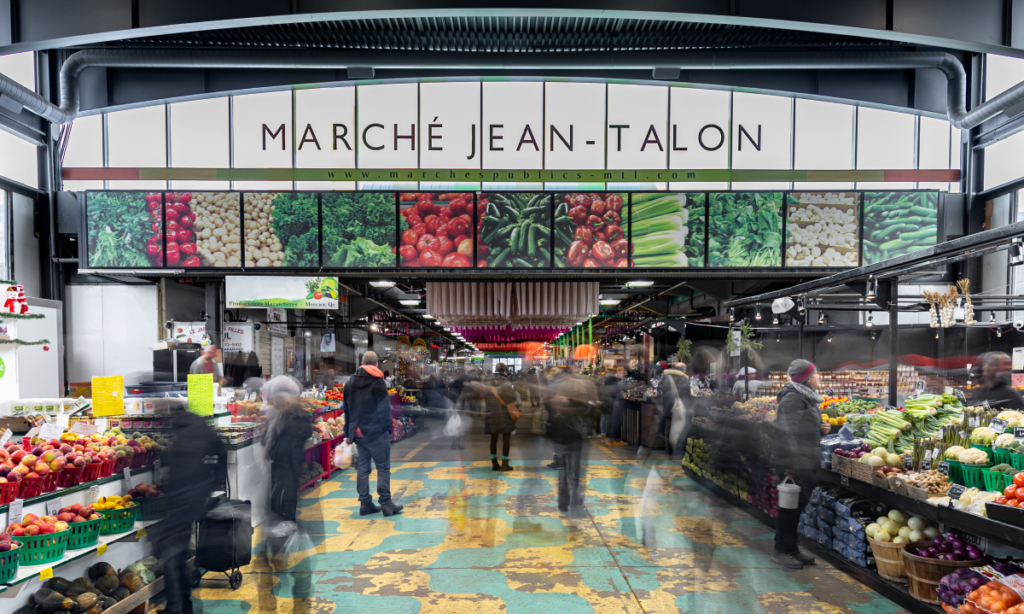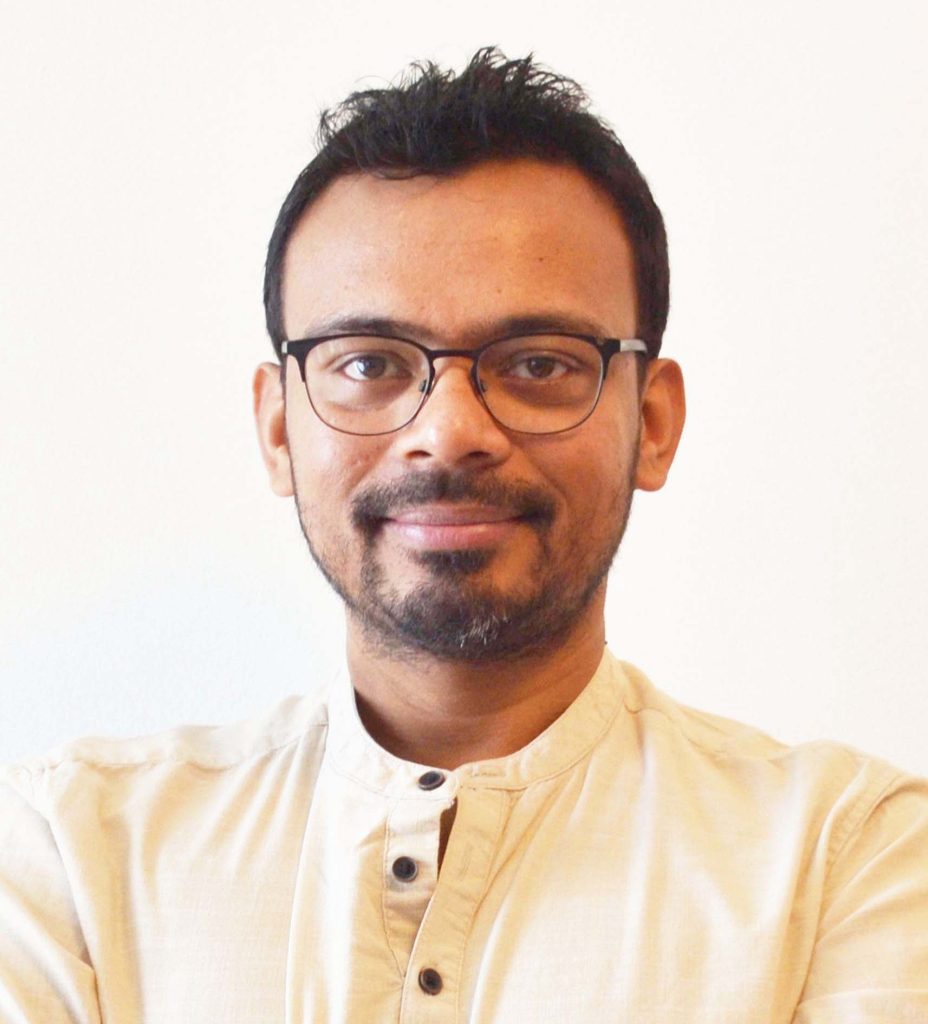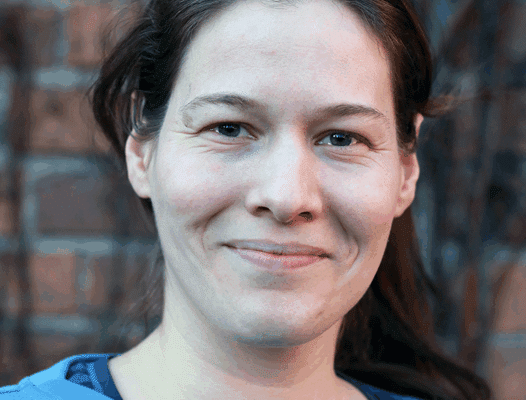- Unlikely Perspectives
-
YOU ARE
- Community member
- Future Student
- Student
- Professor
- Alumni
- Media
- Guidance counsellors
- INRS retiree
- Contact Us
- Newsroom
- Careers
- FR
-
Studies
We teach the next generation of researchers to develop scientific, social, and technological innovations.
-
Research
We find solutions through interdisciplinary research and industry or public and community partnerships.
-
INRS
We play an active role in Québec's economic, social, and cultural development.
The “Unlikely Perspectives” series shines a spotlight on unusual, thought-provoking research topics.

Have you ever wondered what a city would be without its restaurants and public markets? INRS professor Nipesh Palat Narayanan, who specializes in critical geography and urban studies, is interested in culinary cultures and street food. In particular, he studies how a population’s habits shape their city.
“Cities are built around food, and food is grounded in socio-cultural habits. In that sense, you could say that food structures urban space,” he explains. Analyzing food from a geographical and urban perspective can provide a better understanding of how cities develop and evolve.
Public markets in the community
By comparing public markets in Montreal and Delhi, Professor Nipesh Palat Narayanan explores how these commercial and socialization spaces influence the way people view their cities. Both practically and conceptually, markets have a direct impact on daily habits and practices, and that in turn affects the city where they are located.
The specialist points to Montreal and the Jean-Talon Market as a case in point: “Located in Little Italy, the market has played a major role in establishing the area as a ‘gourmet neighbourhood’ in the collective consciousness. It creates a place with a social, historical, and cultural significance that goes beyond its physical location.”


Concept: Southern theory
Nipesh Palat Narayanan uses southern theory as a general framework for thought. This constantly evolving theory provides an interesting perspective for studying cities and rural towns. It has three key points:
The hegemony of knowledge: Some practices or cultures are considered more “legitimate” than others. For example, the informal sale of street food is frowned upon or seen as characteristic of third-world cities, while the controlled sale of street food during festivals that are organized or authorized by the state is seen as festive.
Category creation: How are the categories that give legitimacy to certain practices established? In North America, informal street food is often frowned upon. Sanitary regulations and habits tend not to favour the practice. At the same time, food trucks are considered a staple of the gourmet landscape. One practice is preferred over the other, even though the fundamental principle of outdoor food is present in both cases.
Shaping the collective consciousness: How do residents of a given neighbourhood imagine their city? What about tourists visiting the city? What concepts and expectations do we project onto the city?

Professor’s background
Professor Nipesh Palat Narayanan is an expert in critical geography and urban studies who has worked in India, Australia, Sri Lanka, France, Italy, and Quebec. He obtained his doctorate in geography from the University of Lausanne in Switzerland. He is a member of The AAG Review of Books editorial board and the Villes Régions Monde (VRM) Network.
You may also like

March 21, 2024
Márta Radó
March 21, 2024
For the well-being of all children
March 21, 2024
Regional Disparities in Access to EducationShare
